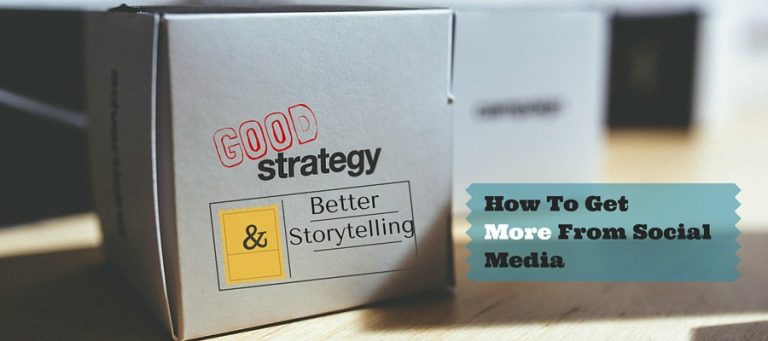5 Tips To Getting The Most Out Of Your Next Conference Experience
Attending conferences can be exciting. Just being around hundreds of like-minded individuals sharing ideas and aspiring for greater recharges our batteries and offers the promise of fresh perspectives on what seems like age old problems.
But conferences are an investment – in time and money. Yet year after year, many of us make the sacrifice. We’re thirsty for the words of wisdom that’ll drip from the mouths of industry leaders. And we’re desperate for the crumbs of insight that will fall upon our tablets as we take notes.
We want our small businesses to work. And we’re hoping that the connections made and secrets revealed will make a difference in our outcomes.
But in reality, conference benefits have limits. It’s possible that you’ll walk away a little disappointed. To make the best of your experience, follow these five guidelines:
Choose your conferences wisely.
Even a two-day conference can cost up to $1000 or more, and that’s not including travel expenses.
Figure out why you want to attend the conference. Make a list of what you’re hoping to gain from it. Then ask yourself if it’s worth the cost. Could you check off the same boxes on that list by taking a free webinar or attending local networking events?
Don’t sign up for the pre-conference, look for group discounts.
Say you do find a conference worthy of your time and effort. You’ll most likely have the option to tack on the sessions that occur a day before the main show – for an additional cost, of course.
Prior to registering, study the pre-conference agenda to see what additional value it will bring. How will paying an extra couple hundred bucks or so help you check off the boxes on your conference must have list? If not much, don’t bother.
Also at registration, check into what group discounts are available. Many conferences offer discounts for groups of 3 or more, so grab your teammates or colleagues and pool your money. It’s cheaper all the way around.
Study the agenda, pick your sessions.
There’s nothing worst then wandering around aimless at a conference. Your feet start to hurt and you get a headache. And when you finally figure out what’s going on, the session you want is full.
To avoid all that, do your homework. Conference organizers publish the conference agenda on the website. Jot down the speakers you want to see and the sessions you want to attend.
Get to the conference early each day and figure out which room those sessions will be held in. When it’s go time, you can head straight there while everyone else is still scratching their heads.
Have your business cards and elevator speech ready.
Spending $1000 on a conference just to network is an expensive way to do it, so hopefully that’s not your only reason for going. But conferences are a great place to network. So have your one sentence explanation of who you are and what you do rehearsed and ready, and your business cards in hand.
Follow up with the connections you’ve made.
Back in the office, sort the business cards you collected into stacks – warm (good opportunity), cold (long shot), and promotional (vendor).
Send follow up emails. Connect on LinkedIn. Make phone calls. All within 24-48 hours after the event because in a sea of so many faces, memories fade, and so could your opportunity.
Do what’s best for you.
Attending conferences can be a great way to establish yourself as a creditable fixture within your industry while gaining insight into how you can get better. But, as a small business owner, attending every conference that comes up may not be the best use of your time or money. Do your homework, follow these guidelines, and make your next conference experience that best one ever!




